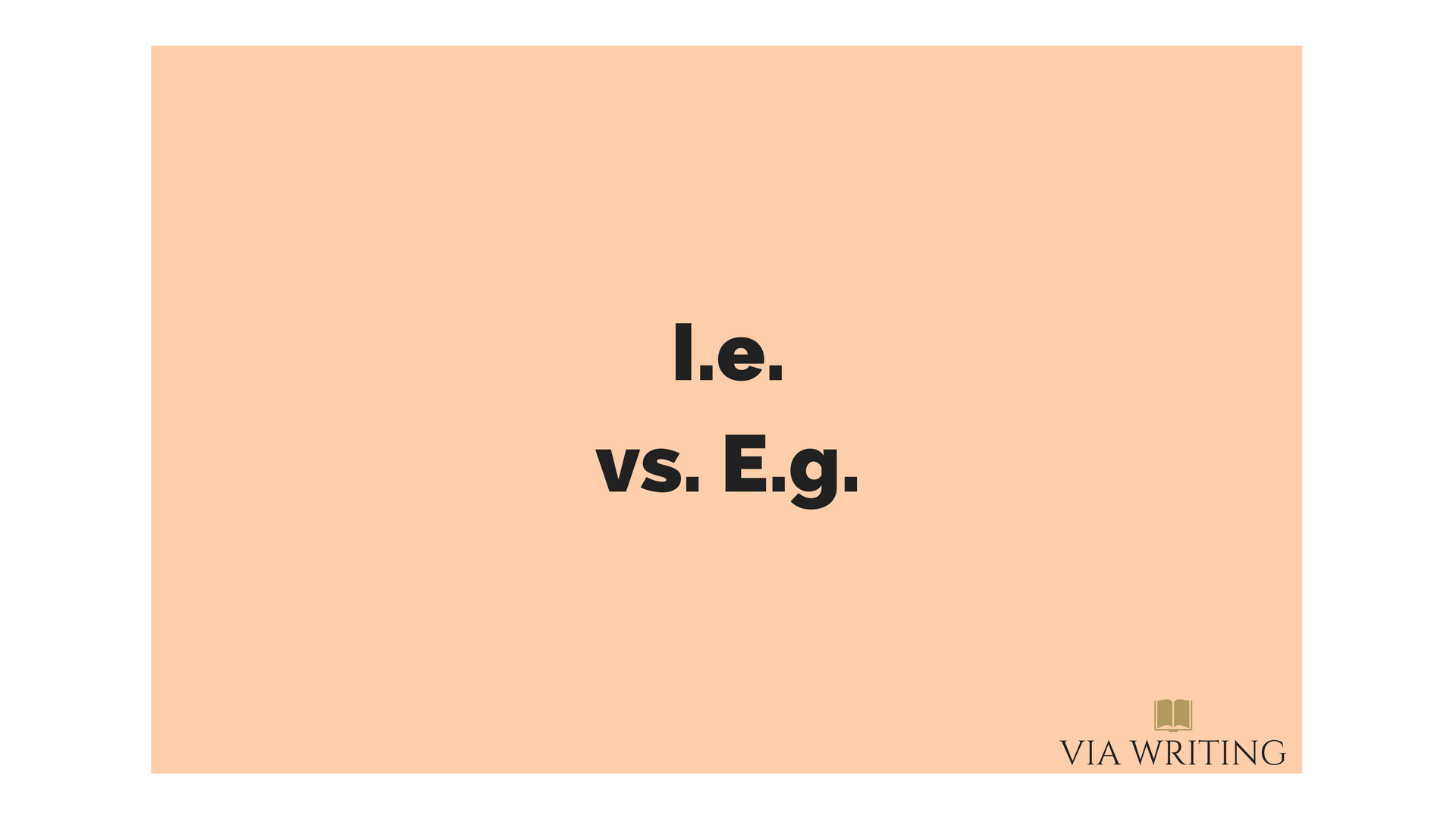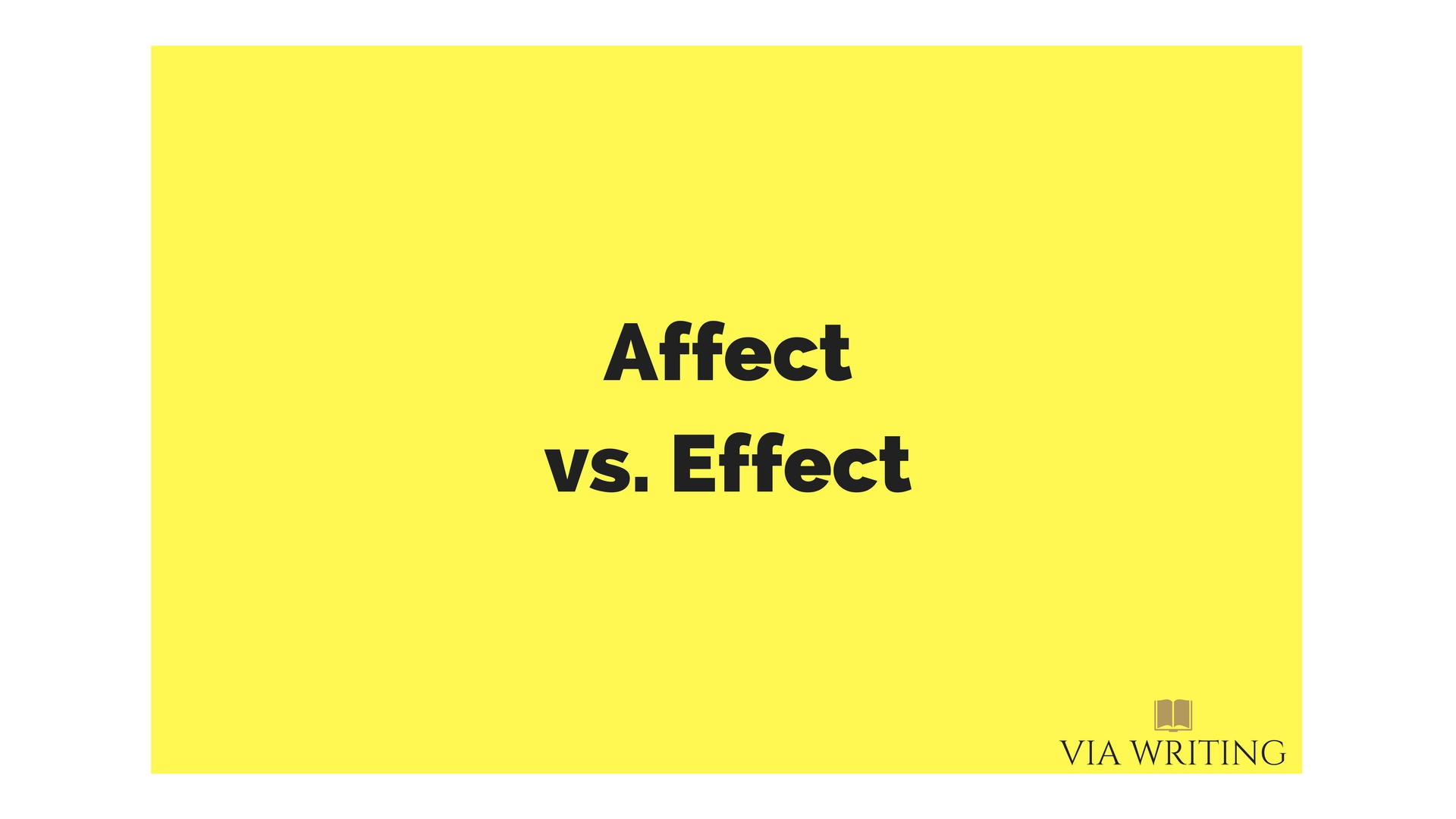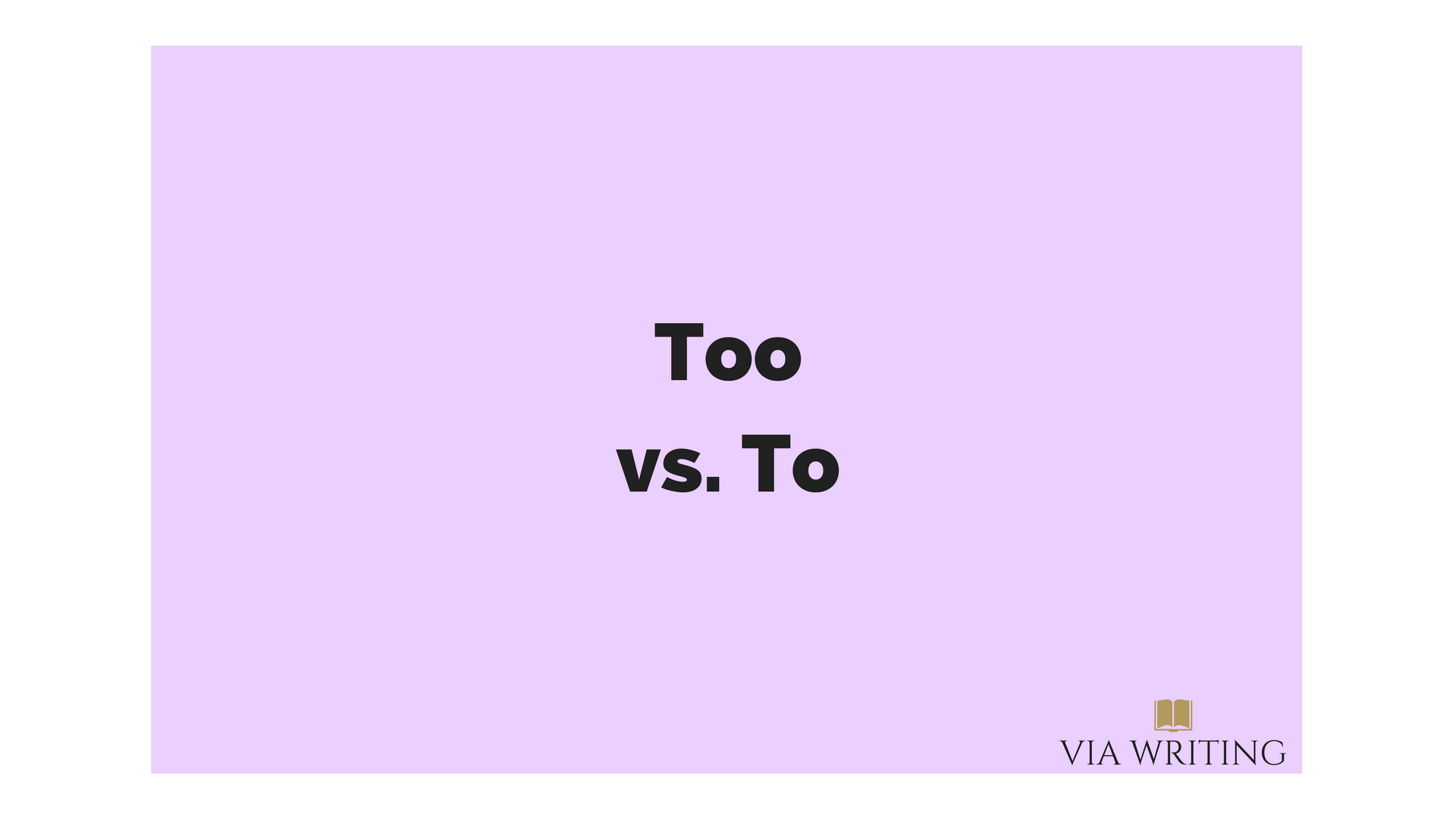Who vs. whom is a problem that many writers get stuck on. They feel as though they can’t ever know when the right time is to use ‘whom’, but in fact it’s not as hard as you’d think. There is a difference, and it’s not that hard to know when you should use it.
Let’s start with ‘Who’. In a sentence, it’s used as the object. For example, you may say ‘Who would like to go on vacation?’ or ‘Who made this dinner?’ These sentences are looking for the object, so that’s how ‘Who’ is used properly.
‘Whom’, on the other hand, is used as the verb or preposition. For example, you may say ‘To whom was the letter addressed?’ or ‘Whom do you believe?’
This seems straightforward, but how do you know when it should be one or the other? There’s a simple test. Substitite ‘he’ or ‘him’ for ‘who/whom’ in your sentence. If ‘he’ fits, you should use ‘who’. If ‘him’ fits, you should use ‘whom’.
For example, take the sentence ‘Who/whom ate my sandwich?’ Replace ‘Who/whom’ with ‘he’. It becomes ‘He ate my sandwich?’ This fits, so the sentence should be ‘Who ate my sandwich?’
In another example, look at ‘Whom/who should I talk to about this report?’ In this case, changing the sentence to ‘Should I talk to him about this report?’ makes more sense, so the sentence becomes ‘Whom should I talk to about this report?’
Remember, you may need to change the sentence structure to make it fit, but it’s a good rule to use when you’re stuck.




